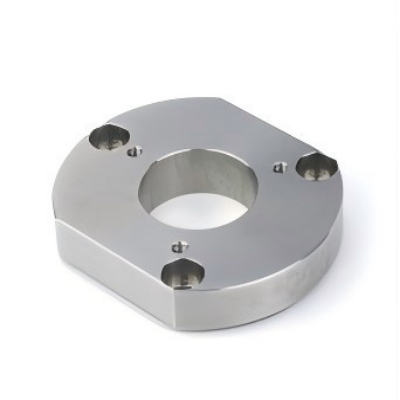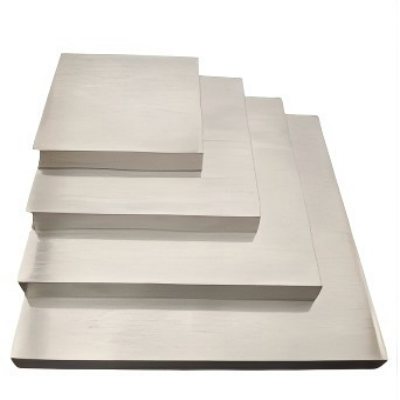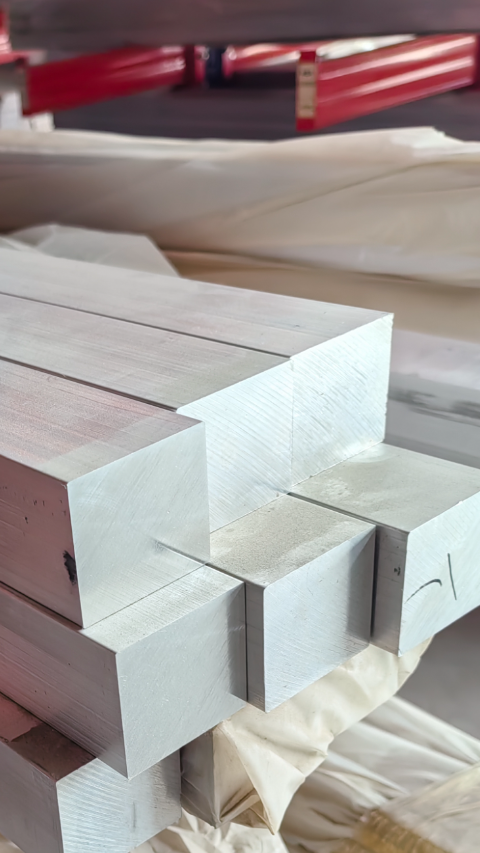Comparison of CNC Machining Materials
The information contained herein is typical values intended for reference and comparison only. They shall NOT be used as a basis for design specifications or quality control.
Steel Alloy 4140
Impact Resistance, Fatigue Resistant
AISI 4140 Alloy Steel is a medium-carbon chromium-molybdenum steel with a carbon content of about 0.38–0.43%. It offers an excellent combination of strength, toughness, wear resistance, and machinability. When heat-treated, it provides outstanding mechanical properties, making it widely used in gears, crankshafts, connecting rods, bolts, and critical components in the oil and gas industry.
Stainless Steel 304
Corrosion Resistant, Economical, Machinability
stainless steel 304 is also known as 18/8 stainless steel, which contains approximately 18% chromium (Cr) and 8% nickel (Ni). It not only possesses excellent oxidation resistance and corrosion resistance, but also has good workability and surface quality. Currently, it is the most widely used stainless steel grade in industrial manufacturing and civil applications.
AL6061
Corrosion Resistance, Economical, Machinability
As a versatile and widely used metallic material,aluminum 6061 alloy is well-known in the industrial field for its excellent mechanical properties and outstanding weldability. The designations “T6” and “T651,” as typical temper conditions of this alloy, correspond to specific heat treatment processes: the T6 process achieves strength enhancement through solution treatment followed by artificial aging, while the T651 process adds a pre-stretching deformation step on this basis to optimize residual stress distribution. The combined effect of these two processes significantly improves the material’s mechanical properties and effectively eliminates internal stresses. Owing to their comprehensive advantages in strength, processability, and corrosion resistance, 6061-T6 and 6061-T651 aluminum alloys are highly favored in fields such as aerospace structural components, automotive parts, shipbuilding, and general machinery processing, emerging as key foundational materials supporting modern industrial manufacturing.




